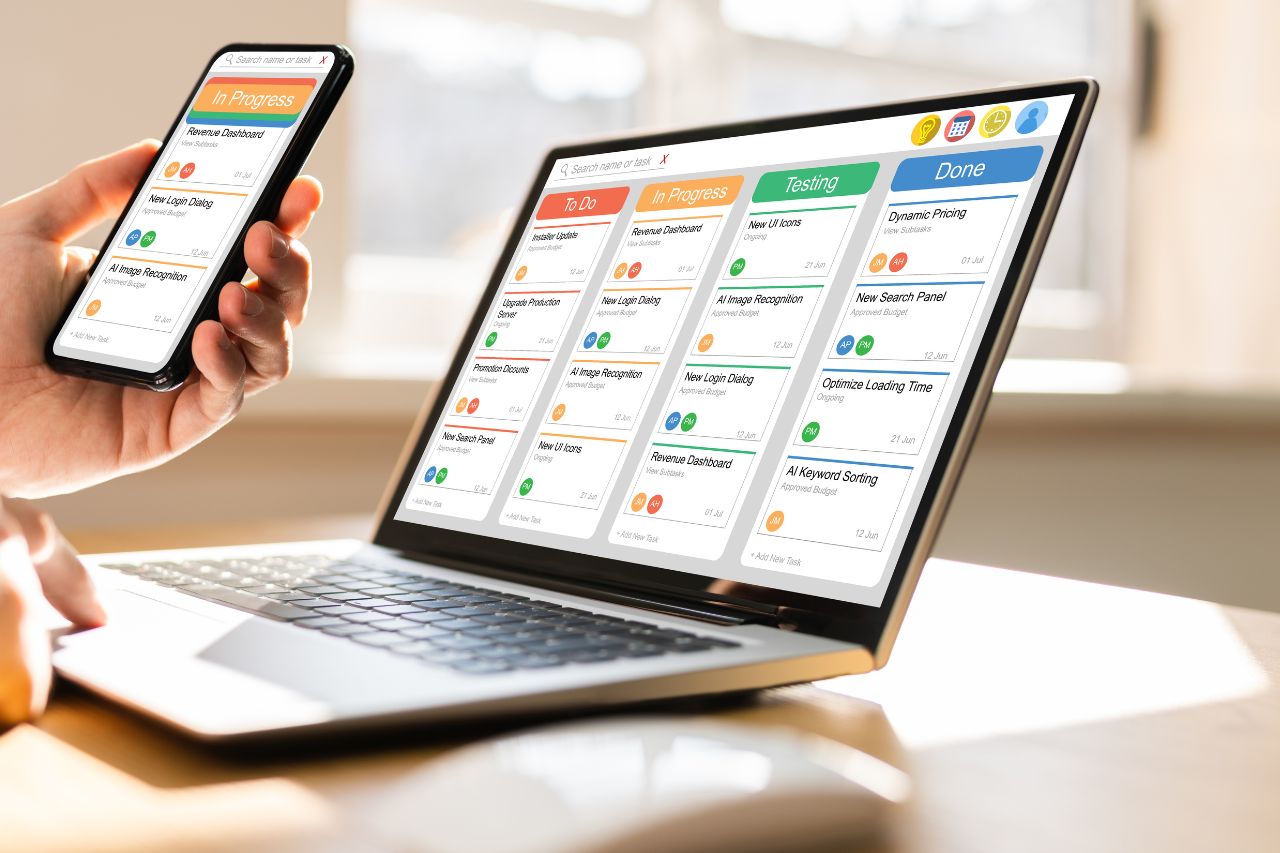Fulidhoo is a small, budget-friendly local island we visited recently in the Maldives, along with Dhigurah island, which we loved for its beaches and sandbar.
Aside from scuba diving, the prime attraction in Fulidhoo is the shark and stingray beach, where you can see nurse sharks, sea turtles, and stingrays in the shallow water and even get your picture taken with them.
Of course, Fulidhoo also has the white sand and clear blue water that’s typical of the Maldives, and there are family-owned hotels for as low as $60 USD per night, so it’s a good option if you’re wanting to get your fix of the tropics without spending a lot of money.
This travel guide will explain how to get to Fulidhoo island, what to do there, where to stay, and everything else you need to know before you go!
Where To Stay In Fulidhoo
How To Get To Fulidhoo Island
There’s no airport in Fulidhoo, so you first have to fly into the capital of the Maldives at Male International Airport (MLE), which is about 55 kilometers (35 miles) from Fulidhoo.
From Male, you can take a speedboat or ferry directly to Fulidhoo.
Swimming with a stingray in Fulidhoo!
• By Public Speedboat
The main way to get to Fulidhoo is by public speedboat, and that’s how we went. There are daily departures in the morning and afternoon from Male airport and the city.
The speedboat journey to Fulidhoo takes a little less than 1.5 hours and costs about $40 USD per person one way. It was very bumpy in our experience, but I’m sure it depends on the weather.
On the bright side, the boats are new and the seats are comfortable. They also have a toilet and plenty of room for storing luggage, and they give you free bottled water during the ride.
The boats from Male to Fulidhoo depart at 10 AM and 4 PM (Fridays 9:30 AM only). And the boats return from Fulidhoo to Male at 7:30 AM and 1:30 PM (Fridays 7 AM only).
However, keep in mind there are multiple speedboat companies operating this route and the timetable seems to change occasionally, so I’d double check the timetable with your hotel before you go.
You can ask your hotel in Fulidhoo to book the speedboat for you, and then pay for it with your room bill when you arrive. That’s what we did, and paying by credit card spared us from having to carry lots of cash everywhere.

Tour boat looking at the stingrays in Fulidhoo
• By Private Speedboat
A private speedboat charter will be a lot more expensive than the public speedboats, but it may be more convenient in cases where you’re traveling in a group of at least 4 or 5, and need a direct connection to Fulidhoo island.
You should be able to arrange this with your hotel in Fulidhoo.

Lots of stingrays at the beach!
• By Public Ferry
You can also take the public ferry from Male to Fulidhoo. This option is a bit slower than the speedboats, but it’s a lot cheaper. The ferry ride to Fulidhoo takes about 4 hours and costs $5 USD for a one way ticket.
This route has departures from Male to Fulidhoo on Tuesdays, Thursdays, and Sundays at 10 AM. It returns from Fulidhoo to Male on Mondays, Wednesdays, and Saturdays at 10:30 AM.
The ferry times might change occasionally, so you’ll want to confirm the current schedule with your hotel in Fulidhoo. You can’t book tickets in advance though, so it’s a good idea to show up a bit early to make sure you get a seat.
The ferry leaves from the Hulhumale ferry terminal in Male city (map here). It’s important to note this is not the ferry terminal in Hulhumale, it’s the ferry terminal of the same name in Male city. You can reach it with a 10 minute taxi ride from the airport.
Side note: If you’re coming from Maafushi island, you can take the ferry directly to Fulidhoo, that way you don’t need to transit in Male.

Drone view of Fulidhoo from above. It’s a very small island.
How To Get Around The Island
Fulidhoo is a very small island, so you can walk anywhere you need to go.
They actually don’t even have cars on the island, there are just some small electric buggies for carrying luggage back and forth from the pier to the hotels.
The island is only about 700 meters long and 250 meters wide, which means you can walk from any hotel to the beach or pier in 5 minutes, or circle the whole island on foot in less than 30 minutes. This is pretty handy.

Greek-ish street vibes in Fulidhoo town
Shark & Stingray Beach
The main attraction at Fulidhoo is the shark and stingray beach. This is the long beach that covers the southwestern side of the island, and it’s marked on Google Maps as ‘stingray observation point.’
The stingrays come to this beach every day and night looking for the fishermen’s scraps to eat, and usually a nurse shark or sea turtle will show up as well!
Of course there’s no guarantee they will come, but in the 2 days we spent on the island there were almost always stingrays at the beach, and other people have reported the same experience.
We saw more than a dozen rays at a time! It was a fun experience. You can watch them from the shore, or get your picture taken with them in the shallow water. Please don’t touch them, but it’s okay if they touch you.

Shark & stingray beach
Is It Safe?
This was what we were wondering before coming here. Is it safe to be near sharks and stingrays like this? Good question. To be fair, the sharks around Fulidhoo are nurse sharks, which are pretty harmless to humans.
What about the stingrays? Sadly we all remember what happened to Steve Irwin, but I think that situation was a bit of a freak accident. Steve was following the ray in the water to film it, and it apparently saw him as a threat.
Stingrays are gentle animals for the most part, and as long as you’re careful not to step on them, chase them, or make them feel threatened or harassed in some way, they aren’t likely to hurt you. Not to mention, the water here is really shallow.
It’s impossible to say it’s 100% safe of course, but a lot of tourists come to Fulidhoo every day to see the stingrays and take pictures with them, and we’ve never heard of any bad incidents.

Drone pic with the stingrays
More Things To Do In Fulidhoo
- East Beach / Bikini Beach: The main beach in Fulidhoo is the eastern beach, which has nice white sand and turquoise water. This is the island’s designated ‘bikini beach’ where tourists are welcome to wear swimsuits and go suntanning. The waves are calm enough for kids to swim, although there’s not a lot of shade.
- Sunset View Point: If you want to go for a walk, the western end of the island has a good view of the sunset.
- Banyan Tree: In the center of the island there’s an old and impressive banyan tree with giant roots. It shades a volleyball court, and if you stay at the Huvan Inn like we did, this tree is literally right outside the hotel.
- Scuba Diving: The Fulidhoo area is popular for scuba diving, and you can get up close with reef sharks, manta rays, octopuses, and other animals. For dive shops, check out Fulidhoo Dive and Divers Lodge.
- Resort Excursions: The hotels in Fulidhoo can arrange a half day excursion to one of the nearby luxury resorts, which is a fun way to experience one of the Maldives’ fancy hotels without paying full price. These packages typically include transport there and back, plus access to facilities like the resort pool and spa, and an allowance for food and drinks at the resort while you’re there.
- Other Activities: There are snorkeling tours in Fulidhoo where they take you to a shipwreck, or you can have a picnic on a sandbar. They also have tours to see whale sharks and dolphins.

Beach views at Fulidhoo

Stingray beach
How Long To Stay
Fulidhoo is a very small island, so I think most people would be satisfied with 2 or 3 days, although it wouldn’t hurt to stay longer. We stayed 2 days and that was enough for us. Less than a day is too short in my opinion.
A lot of people come here on excursions from other islands to see the sharks and sting rays, but we watched these tour groups from a distance and they seemed very rushed.
Most of the tour groups were leaving after just 30 minutes on the island, which isn’t even enough time to walk around or get good pictures. We were glad we didn’t do that. I think it’s better to stay at least 1 or 2 days on the island.

Nurse shark in the shallows
Other Tips For Visiting Fulidhoo
- ATM: There’s no ATM on Fulidhoo island yet, so you’ll want to bring enough cash for your stay, or else use the ATM at the airport in Male.
- Currency: US Dollars are accepted everywhere on the island, although you’ll usually get slightly better rates with Maldivian Rufiyaa. Just keep in mind Rufiyaa can’t be used outside of the Maldives, so you don’t want to have any left over at the end of your trip. There isn’t a money exchange in Fulidhoo, so it’s best to do this in Male airport.
- Credit Cards: You’ll want to double check, but many hotels in Fulidhoo allow you to pay your entire bill by credit card, including the speedboat transfers. Ours let us do that. There may be a fee for this (like 3 to 5 percent), but in my opinion it’s worth it to avoid having to bring a lot of cash. However, keep in mind the restaurants and minimarkets in Fulidhoo usually don’t accept card, so you can’t go completely cashless here.
- Alcohol: Maldives is a Muslim country, so they don’t allow alcohol on the local islands like Fulidhoo, although you can get it if you do a day trip to one of the nearby resort islands.
- Dress Code: They have a conservative dress code in Fulidhoo since there are mostly locals living here. You’re not supposed to wear swimsuits or revealing clothes except at the designated ‘bikini beach,’ although we saw plenty of people breaking this rule, so it doesn’t seem to be strictly enforced. Still, if you want to stay out of trouble, it’s best to follow this rule and cover up when you’re not on the beach.
- Mosque: There is a mosque on the island, but it was quiet. We never heard any noise from it.

Souvenir fridge magnets for sale
- Electricity: We stayed in a budget hotel on Fulidhoo and still had 24/7 electricity, so you don’t have to worry about outages here.
- Cell Service: Our phones had decent 4G reception with Ooredoo (through T-Mobile) everywhere on Fulidhoo island.
- WiFi: There is fast and reliable WiFi in Fulidhoo, even in the budget hotels.
- Drones: Most of the fancy resorts in Maldives don’t allow drones at all, but since Fulidhoo is a local island, I was able to bring and use a drone with no issues.
- Mosquitoes: We saw some mosquitoes at the outdoor restaurants, but not at the beach or in the hotel. We wore bug spray when we’d go eat, but aside from that we didn’t need it.
- Malaria: The entire country of Maldives has been malaria free since 1984, so you don’t have to worry about that, although there may be some dengue fever.
- Safety: In general, Maldives is a very safe country, with one of the lowest murder rates in the world. We always felt safe here, and I haven’t heard of any bad incidents on the island.
- Hospital: There’s a small health center in Fulidhoo, but for a serious emergency you’d need to go to the hospital in Malé.
- Where To Eat: There are several good restaurants in Fulidhoo with local and western food for relatively low prices. Check out Cafe De Orzo, Faru Cafe, and Bougainvillea Beach Restaurant.
Fulidhoo Hotels
Best Time To Visit The Maldives
The dry season in the Maldives is from January to April. This is the best time to visit Fulidhoo because the weather is less rainy and more sunny.
There are more tourists in the Maldives at this time, but the island never felt very crowded when we visited in January.
The wettest months in the Maldives are from September to December. You can still visit Fulidhoo at this time, but you’re more likely to have some rain.

We had a good stay on Fulidhoo island
More Maldives Travel Guides
Thanks for looking! I hope you enjoyed this travel guide for Fulidhoo island in the Maldives. We had fun seeing the friendly sharks and sting rays at the beach.
Don’t forget to check out my guide for Dhigurah island, the other local island we visited on our trip to the Maldives. We liked Dhigurah even more than Fulidhoo!




















Discussion about this post